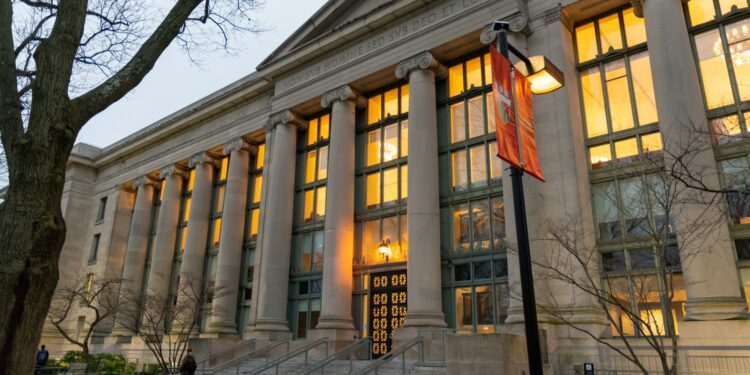A controversial crackdown on academia
On 22 May 2025, the Trump administration revoked Harvard University’s ability to enrol international students, escalating a high-profile dispute with the Ivy League institution. The US Department of Homeland Security (DHS), led by Secretary Kristi Noem, terminated Harvard’s Student and Exchange Visitor Program (SEVP) certification, effectively barring the university from admitting new foreign students and requiring its nearly 6,800 current international students—over a quarter of its student body—to transfer to other institutions or face deportation. This unprecedented move, described by Harvard as “unlawful” and “retaliatory,” stems from the administration’s allegations of antisemitism, anti-Americanism, and ties to the Chinese Communist Party on campus, raising concerns about academic freedom and the future of global education in the US.
The decision follows months of tension, with the administration demanding that Harvard overhaul its admissions, hiring, and diversity policies to address alleged antisemitism and eliminate “anti-American” activities, particularly linked to pro-Palestinian protests. In April 2025, Noem requested extensive records on foreign students’ conduct, including audio and video of protest activities over the past five years, citing “illegal and violent” behaviour. Harvard partially complied on 30 April, but Noem deemed the submission insufficient, accusing the university of fostering a “hostile environment” for Jewish students and coordinating with Chinese paramilitary groups, claims Harvard denies and for which no clear evidence has been provided.
The revocation threatens severe financial and academic consequences. International students, who often pay full tuition, contribute significantly to Harvard’s £4.6 billion annual budget. Their loss could strain the university’s finances, already hit by £2.1 billion in frozen federal grants and £46 million in terminated contracts. Faculty, including economist Jason Furman, warn that research labs may “empty out,” as many graduate students driving cutting-edge studies are international. Students like Leo Gerdén from Sweden called the move “devastating,” arguing it undermines Harvard’s global intellectual community.
Critics, including the Foundation for Individual Rights and Expression, label the action a “surveillance state” overreach, accusing the administration of targeting Harvard for its defiance. Congressional Democrats, such as Jaime Raskin, condemned it as an attack on academic freedom. A federal judge in California issued an injunction on 22 May, blocking the administration from terminating individual student visas without due process, but its applicability to Harvard’s case remains unclear. Harvard is expected to mount a legal challenge, building on its ongoing lawsuit against the grant freeze.
Supporters of the policy, including Noem, argue that universities must be held accountable for campus unrest and foreign influence, with posts on X echoing sentiments that Harvard protects “Hamas supporters.” The administration has hinted at extending similar measures to other institutions, like Columbia University, signalling a broader campaign against elite academia. As Harvard scrambles to support its students, the clash highlights a growing divide between government priorities and university autonomy, with global talent and academic innovation hanging in the balance.
newshub finance











Recent Comments